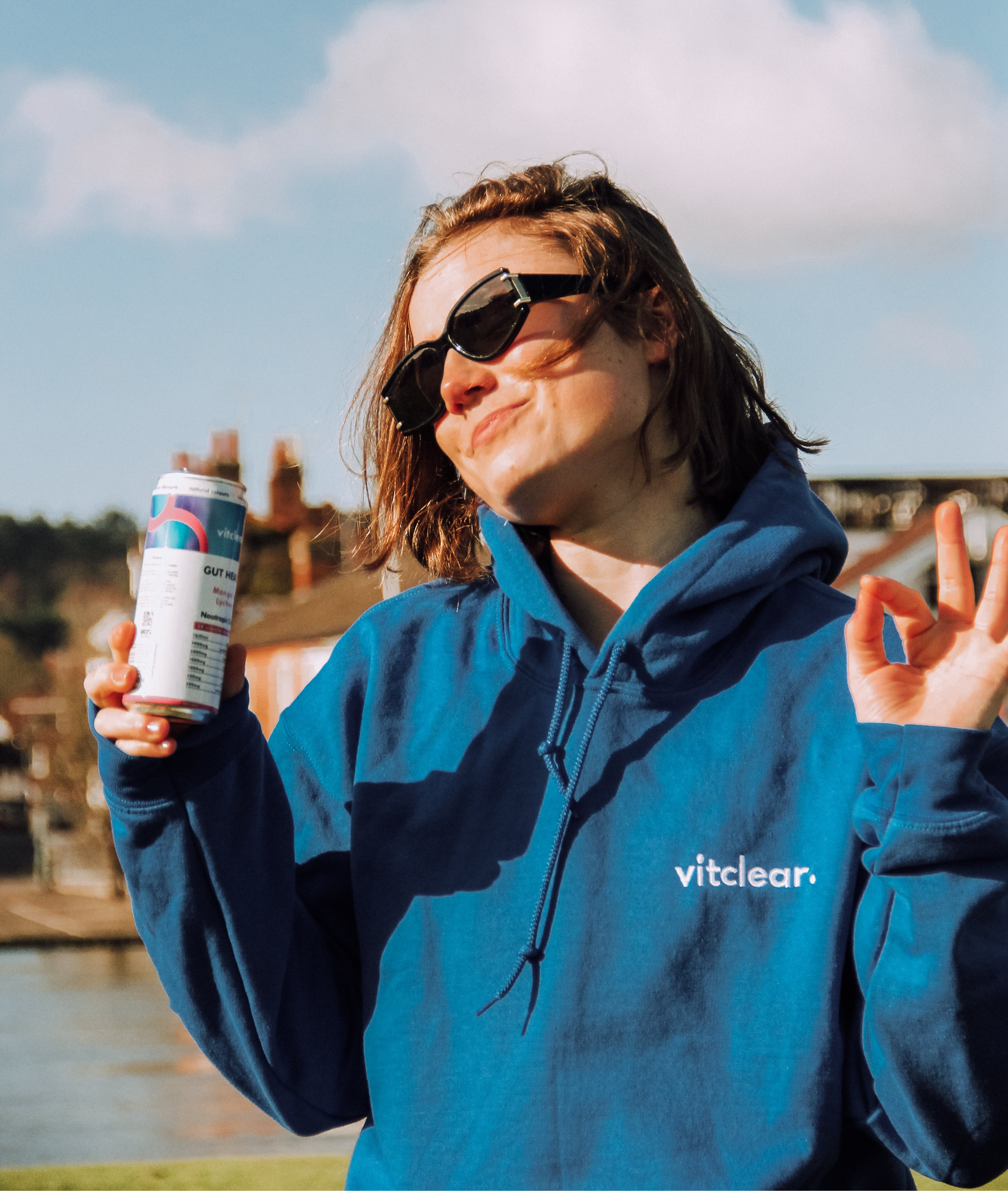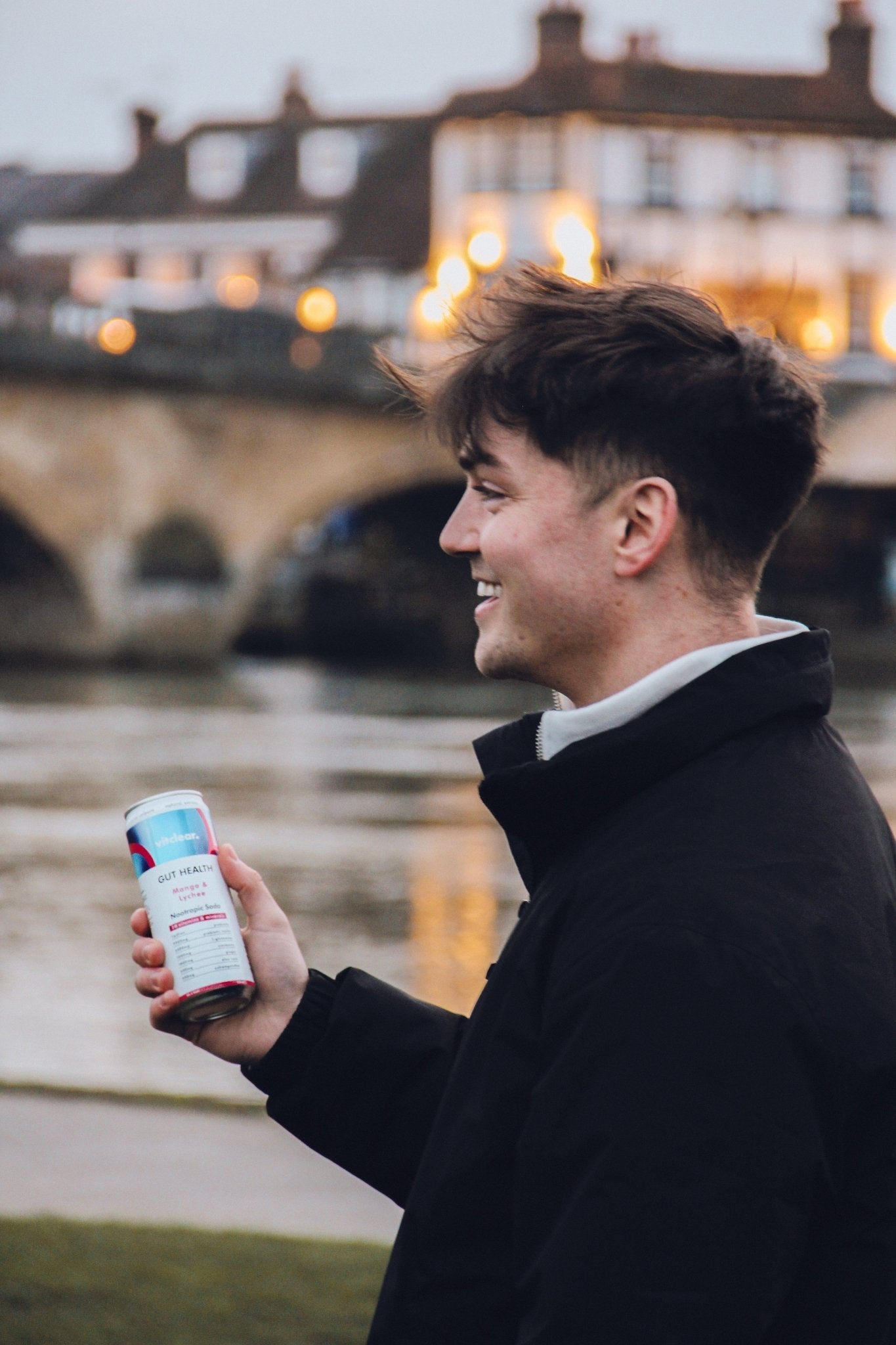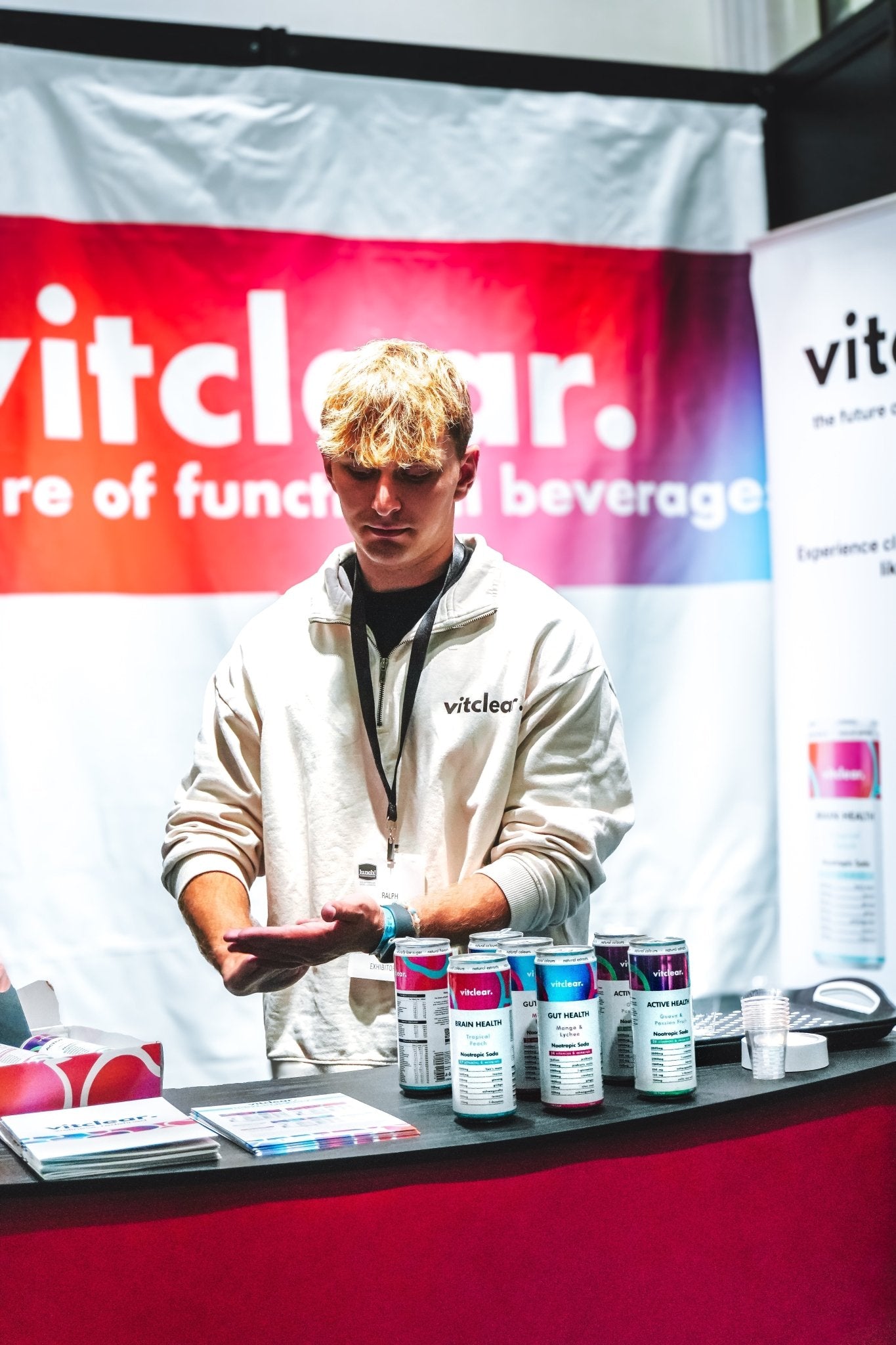Energy Maintaining optimal energy levels throughout the day requires a balanced approach that includes proper nutrition, hydration, sleep, and physical activity. Many people rely on caffeine for an energy boost, but long-term use can lead to dependency, jitters, and disrupted sleep patterns.
Hydration is essential for energy production and cognitive function. Even mild dehydration can lead to fatigue and reduced alertness. Research suggests that staying properly hydrated supports metabolic function and improves overall energy levels.
Exercise plays a critical role in boosting natural energy levels. Engaging in regular physical activity improves blood circulation, oxygen delivery, and mitochondrial function, which helps sustain energy.
A nutrient-rich diet also helps maintain steady energy. Foods rich in complex carbohydrates, protein, and healthy fats provide sustained energy by stabilizing blood sugar levels.
Adequate sleep is crucial for energy regulation. Chronic sleep deprivation leads to reduced cognitive function and increased fatigue. Research shows that seven to nine hours of sleep per night improves energy levels and mental clarity.
Natural Energy Boosters That Won’t Cause Jitters
For those sensitive to caffeine, natural energy boosters provide a way to sustain energy without the negative effects of stimulants.
Adaptogens such as ashwagandha and Rhodiola Rosea help the body adapt to stress and support adrenal function, promoting a balanced energy state without overstimulation.
L-Theanine, an amino acid found in green tea, promotes relaxation and alertness without causing drowsiness. Studies show that L-theanine can improve cognitive performance and reduce mental fatigue.
B-complex vitamins play a crucial role in converting food into energy. A deficiency in B vitamins, particularly B12 and B6, has been linked to fatigue and brain fog.
Electrolytes like magnesium, potassium, and sodium help maintain hydration and prevent fatigue. Research indicates that electrolyte-rich drinks help sustain energy levels without relying on stimulants.
How to Choose a Caffeine-Free Drink for Sustained Energy
Not all caffeine-free energy drinks are created equal. Choosing a high-quality option requires looking at ingredients, sugar content, and hydration support.
Opt for drinks made with natural ingredients such as herbal extracts, vitamins, and minerals that support endurance and mental clarity.
Avoid beverages with high sugar content, as sugar can lead to energy spikes followed by crashes.
Look for drinks that contain electrolytes to support hydration and muscle function.
The Benefits of Stimulant-Free Energy Drinks for Daily Life
Caffeine-free energy drinks offer several benefits beyond avoiding the side effects of stimulants.
They help prevent jitters and anxiety, which are common side effects of caffeine.
Avoiding caffeine improves sleep quality by eliminating late-day stimulants that disrupt sleep patterns.
Drinks with antioxidants and vitamins support long-term health and energy regulation.
Why Caffeine-Free Alternatives Are Gaining Popularity
More people are switching to caffeine-free energy drinks due to increased awareness of caffeine’s effects.
Health-conscious consumers prefer natural alternatives that promote balanced energy.
Caffeine-free options are suitable for individuals with health conditions or those who are pregnant and need to limit caffeine intake.
There is growing interest in holistic wellness, leading to increased demand for functional beverages with natural ingredients.
VitClear A Caffeine-Free Energy Solution
For those looking for a reliable caffeine-free energy drink, VitClear offers a premium solution. Formulated with natural adaptogens, B-vitamins, and electrolytes, VitClear provides sustained energy without stimulants. Its balanced composition supports hydration, mental clarity, and overall vitality, making it an excellent choice for individuals seeking clean, long-lasting energy.
Frequently Asked Questions
1. What are caffeine-free energy drinks?
Caffeine-free energy drinks provide natural sources of energy without using stimulants. They often include adaptogens, B vitamins, and electrolytes.
2. How do caffeine-free energy drinks provide energy?
They support hydration, metabolism, and mental clarity using natural ingredients like L-theanine, ginseng, and minerals.
3. Are caffeine-free energy drinks safe?
Yes, they are generally safe and recommended for people who experience negative effects from caffeine or want a more balanced energy source.
4. Do caffeine-free energy drinks help with focus?
Yes, many contain nootropics like L-theanine and Rhodiola Rosea that enhance cognitive function.
5. Can I drink caffeine-free energy drinks every day?
Yes, as long as they contain high-quality ingredients and no excessive sugar or artificial additives.
6. What time of day is best to drink a caffeine-free energy drink?
They can be consumed in the morning, before a workout, or in the afternoon to prevent energy dips.
7. Are caffeine-free energy drinks good for athletes?
Yes, they often include electrolytes that support hydration and muscle function.
8. Can caffeine-free energy drinks support sleep?
Yes, unlike caffeine-based drinks, stimulant-free energy drinks won’t disrupt sleep patterns.
9. Where can I find high-quality caffeine-free energy drinks?
VitClear offers a premium caffeine-free energy drink designed for sustained energy, hydration, and mental clarity.
References
-
Harvard Health – 9 Tips to Boost Your Energy Naturally – A guide on how nutrition, hydration, and exercise affect energy levels.
-
Cleveland Clinic – Natural Energy Boosters – Explains the role of B vitamins, electrolytes, and hydration in sustaining energy.
-
EatingWell – Health Benefits of Adaptogens – A breakdown of how adaptogens like ashwagandha and Rhodiola Rosea help with energy regulation.
-
Verywell Mind – Can Black Tea Boost Your Energy? – Discusses L-theanine and its effects on cognitive function and energy.
-
AllRecipes – Caffeine-Free Foods That Provide Energy – Identifies natural energy sources beyond caffeine.
-
UH Hospitals – Are Energy Drinks More Harmful Than Coffee? – Evaluates the risks of caffeinated energy drinks and the benefits of alternatives.
-
URMC – Are Energy Drinks Bad for You? – Discusses health conditions related to caffeine and why some people choose stimulant-free options.
-
VitClear – Caffeine-Free Functional Beverages – Provides details on caffeine-free energy drinks formulated with adaptogens and vitamins.







Share:
How Adaptogens Help the Body Cope with Stress Naturally
Best Drinks for Gut Health